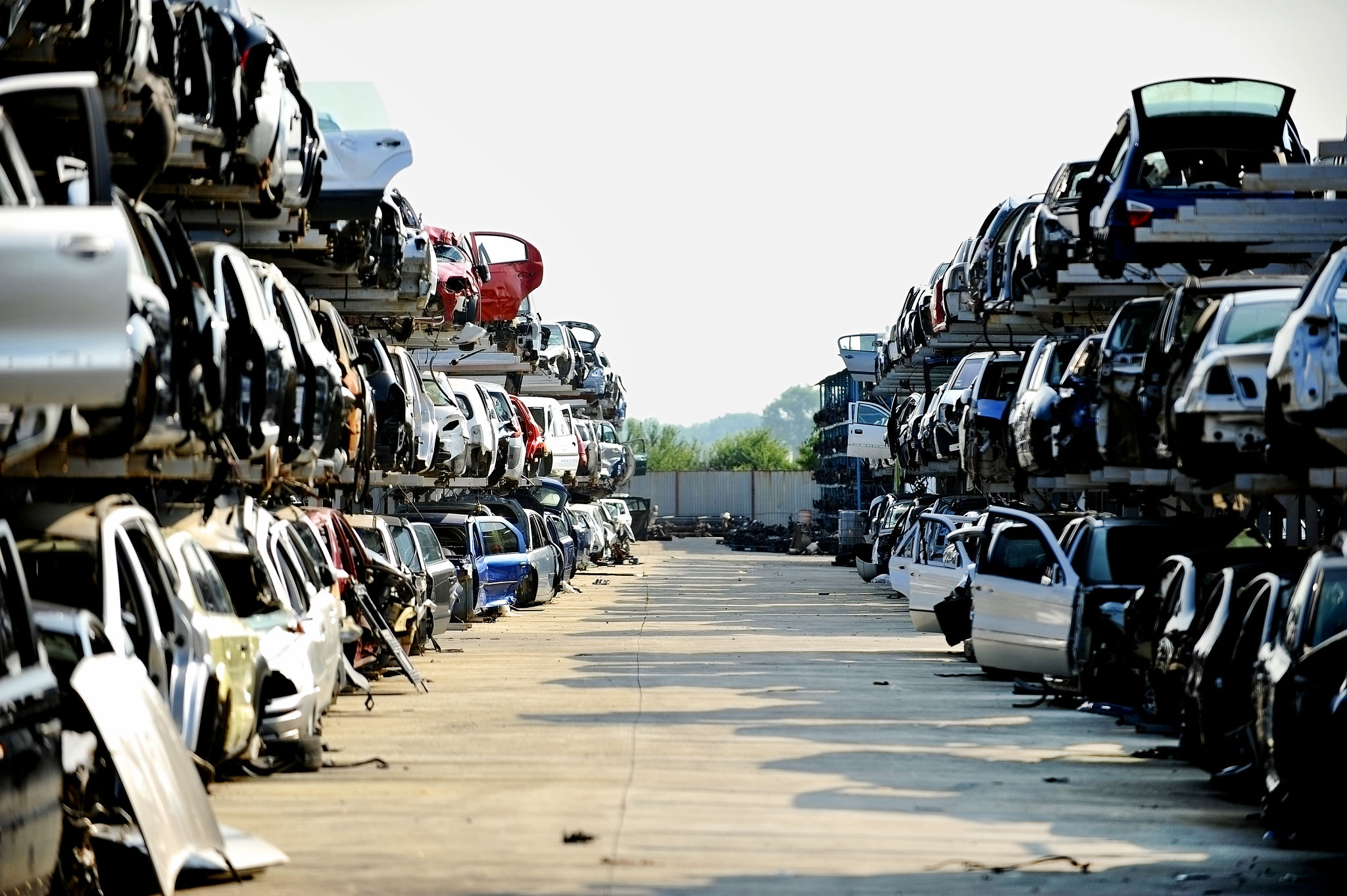Top 5 Myths About the California Scrap Metal Marketplace
Understanding the Myths in California's Scrap Metal Marketplace
The California scrap metal marketplace is a dynamic and fascinating sector, yet it is often misunderstood. Several myths and misconceptions surround this industry, leading to confusion among potential sellers and buyers. Understanding these myths is crucial for anyone looking to engage with this market effectively.

Myth 1: Scrap Metal Recycling Isn't Profitable
A common misconception is that scrap metal recycling isn't a profitable venture. However, the truth is quite the opposite. California's robust recycling infrastructure supports a lucrative market for various metals, including aluminum, copper, and steel. Prices for these metals can fluctuate, but with the right timing and market knowledge, significant profits can be achieved.
Many businesses and individuals have turned to scrap metal recycling as a side income or even a full-time endeavor. By understanding market trends and maintaining strong relationships with recycling centers, participants can capitalize on this profitable industry.
Myth 2: Only Large Quantities Are Accepted
Another myth about the California scrap metal marketplace is that only large quantities of metal are accepted for recycling or sale. This simply isn't true. Many recycling centers welcome small quantities of scrap metal, making it accessible for individuals and small businesses.

Whether you have a few pieces of aluminum from a home renovation project or small amounts of copper wire, you can still participate in the market. It's a matter of finding the right recycling center that accommodates your needs.
Myth 3: Scrap Metal Recycling Harms the Environment
Some people believe that the process of recycling scrap metals can be harmful to the environment. In reality, scrap metal recycling is one of the most environmentally-friendly practices in waste management. By recycling metals, we reduce the need for new metal extraction, which significantly lowers energy consumption and greenhouse gas emissions.
Recycling also minimizes landfill waste and conserves natural resources. The process itself is carefully regulated to ensure environmental safety and sustainability.

Myth 4: The Market Is Too Complicated for Newcomers
The scrap metal marketplace might seem complex to newcomers, but this is largely due to a lack of information. With a bit of research and guidance, anyone can navigate this industry effectively. Many resources are available online to help beginners understand pricing, types of metals, and market trends.
Additionally, many recycling centers offer consultations and guidance to new sellers, helping them get started without feeling overwhelmed.
Myth 5: Selling Scrap Metal Is Time-Consuming
Some believe that selling scrap metal takes a lot of time and effort, but this isn't necessarily the case. With modern technology, many recycling centers offer convenient services such as online quotes and pickups, streamlining the entire process.

By leveraging these services, sellers can efficiently manage their scrap metal transactions without significant time investments. This makes the process more accessible to everyone, from large businesses to individual sellers.
Understanding and debunking these myths is essential for anyone interested in participating in California's scrap metal marketplace. By approaching this industry with accurate knowledge, you can successfully engage with one of the most profitable and sustainable sectors today.